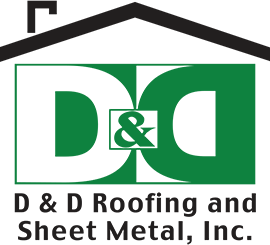Winter spares no roof. All houses and buildings must face its freezing claws and withstand the coldest time of the year. But although all roofs shield people and property from the cold, commercial roofs are designed and built differently from residential ones. These dissimilarities make their season-specific maintenance different from each other as well. Protect your commercial roof this winter by taking note of the following considerations:
Drainage
The most notable difference between commercial and residential roofs is the slope. While the latter have slanted surfaces that facilitate water drainage, the former’s surfaces are flat. This is why commercial roofs need more attention when it comes to water flow. During winter, it’s particularly important to make sure that drains and gutters are free of obstruction. Debris, even as small as twigs, should be cleared. One other thing you can do is to insert a garden hose into the drainpipe and turn it on full power to dislodge any blockage.
Overloading
Commercial roofs often have installations on them, like heating, ventilation, and air conditioning (HVAC) systems, making them heavier than residential roofs. On top of this weight, snow, rain, and ice will also land on the roof and literally weigh it down further. What’s more, melted water can also be trapped on the roof, unfreezing and refreezing to form a solid, heavy compound that can cause structural collapse. If you see signs that your roof cannot handle the extra weight — like sagging or cracked tiles — immediately call your local roofing contractor for repair or structure reinforcement.
Snow removal
Even if your roof can carry the weight of stacked snow and other fixtures, holding standing water or ice for extended periods can still be dangerous. Standing water can cause roof materials to rot or induce leaks. It can also be a safety hazard — which is why you should leave snow removal to experts. If you try to take care of the icy situation, you may damage your roof further or hurt yourself, among other things.
Related article: The top seven reasons why you shouldn’t fix your roof yourself
HVAC units
HVAC units are exposed to freezing temperatures and high winds during winter, so they must be in perfect shape to face such harsh conditions. After all, you don’t want them to leak, fall apart, or malfunction and cause extended downtime. HVAC units should be checked before the cold season begins, and again after winter to check for damage.
Insulation
Ice dams are commercial roofs’ number one enemy. They form when the roof is exposed to uneven temperatures, causing melting snow to refreeze before it can be drained from the roof. This causes a blockage that only gets higher and higher as more snowmelt attaches to it and freezes. To avoid this issue, always ensure that the area under your flat roof has proper ventilation and insulation. When the temperature is constant throughout your roof’s surface, there’s no need to worry about ice melting in one part of the roof only to freeze in another.
However, insulation is much more complicated than it seems. Too much insulation can trap moisture and promote moss and mildew, while under-insulation can cause energy bills to skyrocket, even without an increase in usage. Trust only experts that are able to recommend the proper levels of insulation and install top-quality products that meet and exceed industry standards, like D&D Roofing and Sheet Metal, Inc., Inc.
D&D Roofing and Sheet Metal, Inc., Inc. is your reliable local roofing contractor. From insulation to roof repair to preventive maintenance, we’ve been keeping the roofs over Nevada businesses safe since 1977. We also have a 24-hour emergency service, so call us anytime your roof needs replacing or fixing. Our hotline is (775) 521-7440. You can also send us a message today.


.2202150833550.jpg)